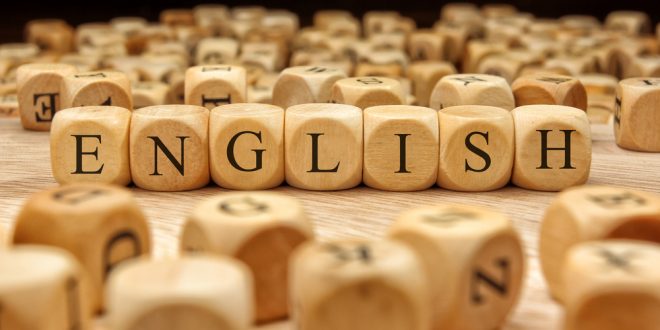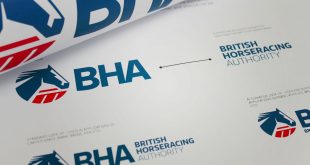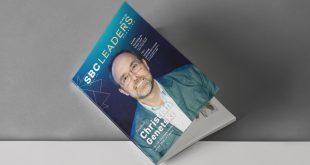Gambless has recorded 3,500 self-assessment tests completed via its mobile app, revealing strong differences in problem gambling across international borders, with English speakers encountering issues much more than other linguistic groups.
Publishing its first annual report, the Mindspa-funded and ORCHHA-certified international gambling harm prevention app found that English speakers, mainly from the US, UK, and Australia, recorded a 57% higher Severity Score than Italians – the group with the lowest score – whilst Russian speakers’ Score was 28% higher.
The group has attributed this to the gambling advertising ban which has been in place in italy since 2019, whilst also citing ‘aggressive CRM marketing coms’ by UK operators, noting that the two firms active in Italy which were mentioned most by problem gamblers using the app were British companies PokerStars and bet365.
These were followed by Sisal, Eurobet and Goldbet, whilst in the UK the five most mentioned operators were Entain’s Ladbrokes Coral, bet365, William Hill, SkyBet and Betfair.
Ladbrokes Coral also appeared in the top five list for Australia, coming in last, with TAB, Sportsbet, Aristocrat and Neds taking the top four positions, whilst in the US DraftKings, Bovoda, FanDuel and BetMGM made up the list.
In comparison to other countries, problem gamblers referenced land-based casino companies much more frequently in the US, but Gambless expects this trend to change as online sports betting and gaming continues to roll out across the country.
Of the app’s users, 25% are from the UK and Ireland, whilst the US accounts for 23%, Italy for 15%, Australia for 10%, Canada for 4% and Russia for 3%, whilst the remaining 20% of respondents lived in other countries.
Worldwide, the most mentioned holding companies were Flutter Entertainment, Entertain Group, bet365 Group, Caesars Entertainment, Lottomatica, 1X Corp, CVC Capital, Kindred Group, TABCorp and LiveScore Group.
“Not surprisingly, the above ranks are heavily influenced by the market size of the operators,” Gambless stated. “However, they show that even those that – at least publicly – put responsible gambling at the top of their agenda are not doing enough to identify problem gamblers and signpost them towards supportive resources.”
Additional findings from the study showed that 96% of gamblers using the app showed ‘at least a Mid-Risk profile,’ whilst 85% had ‘difficulty dealing with emotions’ and 76% had ‘few or no hobbies’ outside of gambling.
Significantly, 70% of problem gamblers admitted to not reading the terms and conditions before accepting a bonus, as the use of such offers comes under scrutiny in the UK during the review of the 2005 Gambling Act.
Gambless methodology involves its ‘Problem Gmabling Level’ test, the frequency quantifiers of which were dropped due to concerns that “social desirability, selective forgetting, and false memories” could impact results.
Instead, ‘only Yes’ or ‘No’ options were used in order to increase the number of questions and make the test ‘more fluid’, whilst an experimental ‘Risk Factors Test’ was incorporated with the goal of assessing factors such as impulse control and risk taking behaviours.
Lastly, the group also implemented an additional ‘experimental’ test, ‘Gambling IQ’, which evaluated respondents’ knowledge of the game and searched for any signs of cognitive bias among problem gamblers.
“The ultimate goal of these two tests is to identify patterns that can be further studied and potentially applied to a future predictive testing model,” Gambless explained.
Moving forward, Gambless plans to continue promotion of its Mindspa mental health app, launched in July of this year in order to provide psychiatric support services for gambling industry employers and their workforces.









